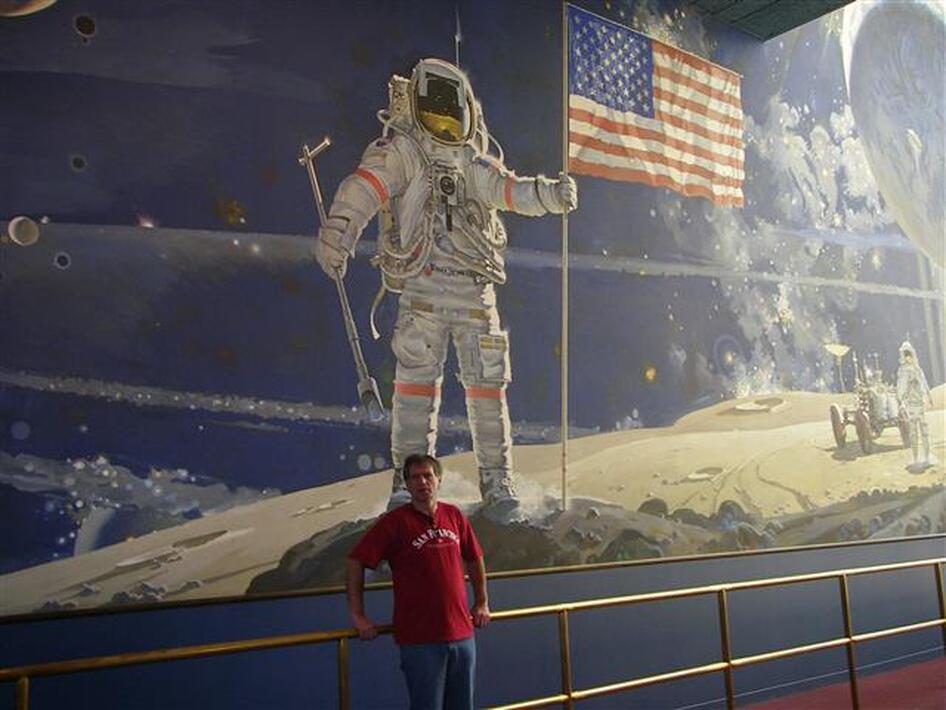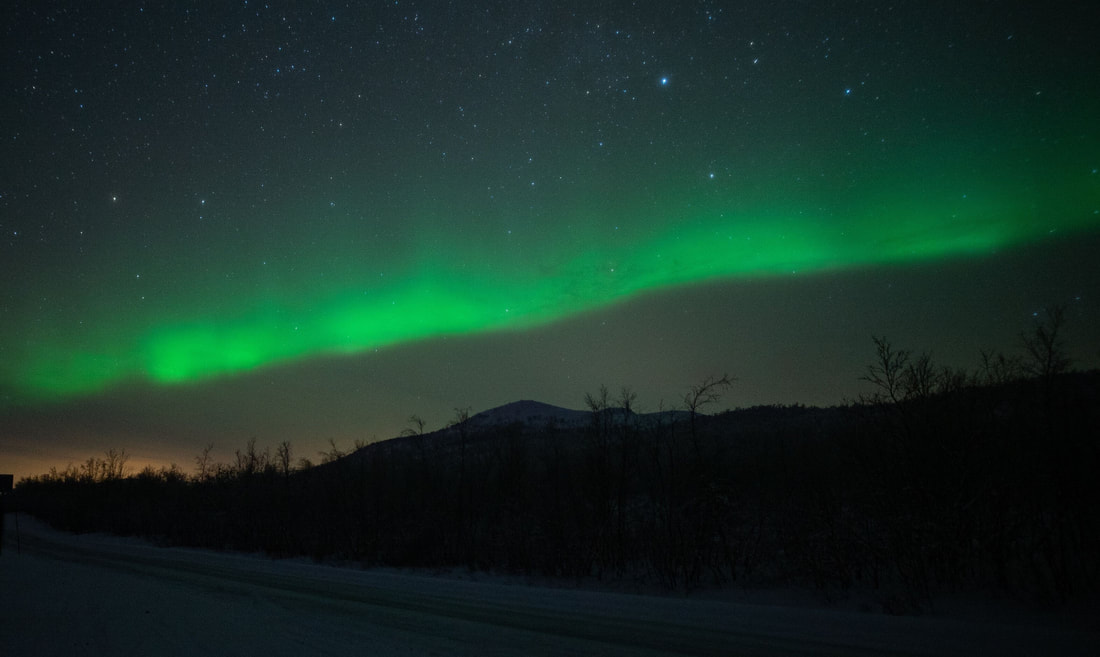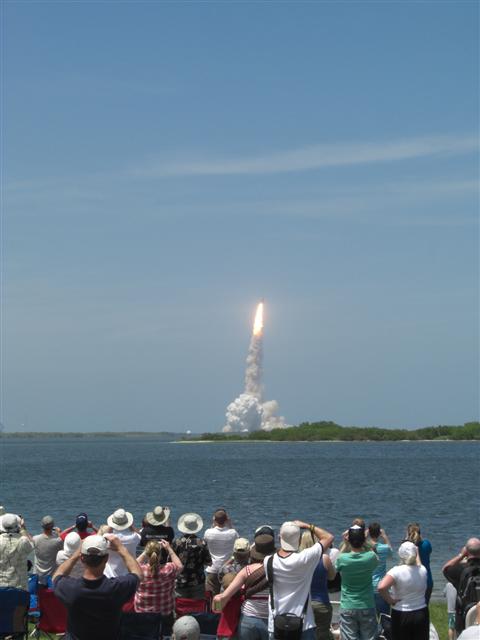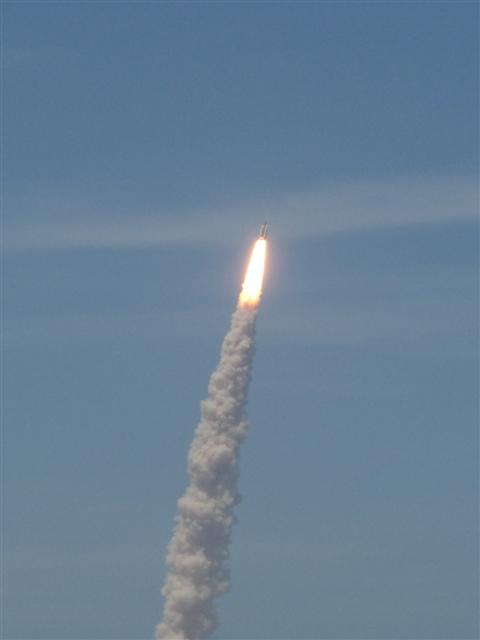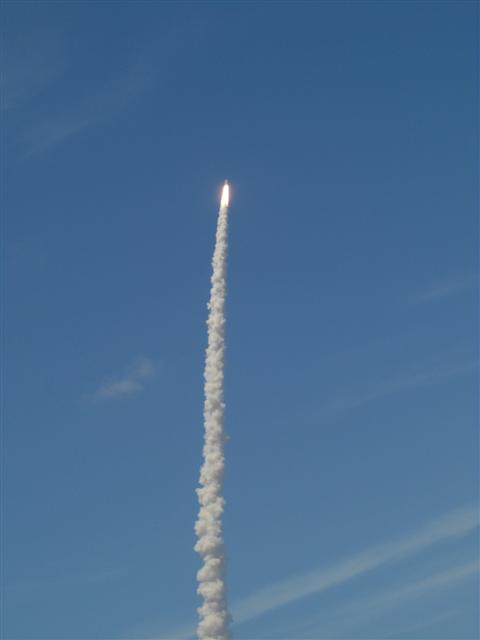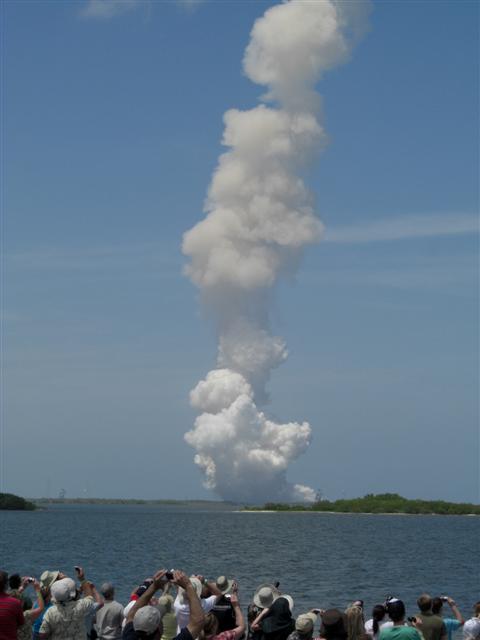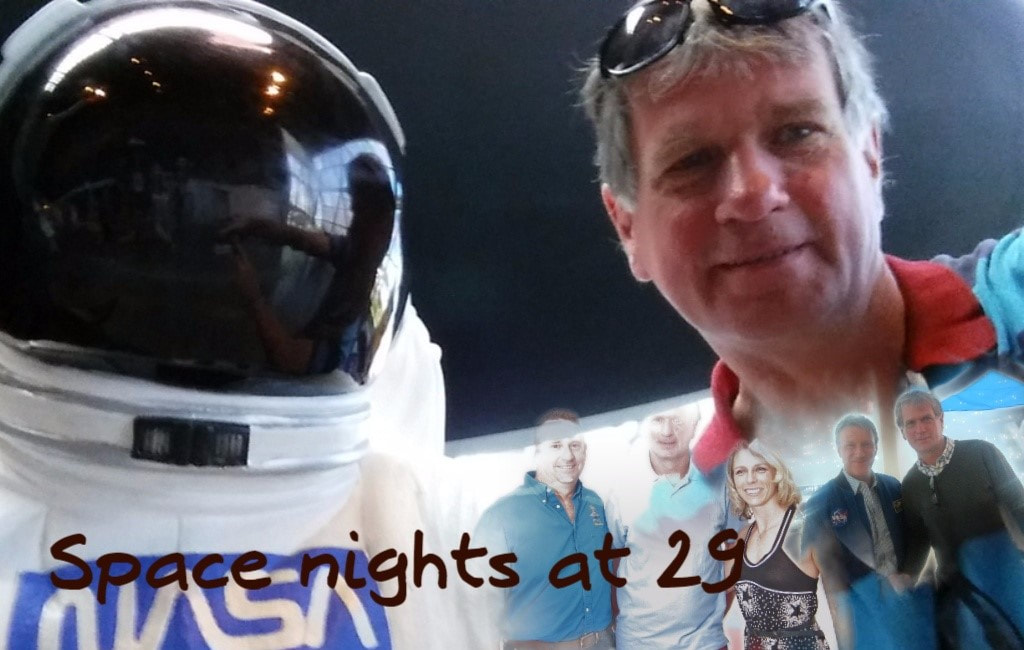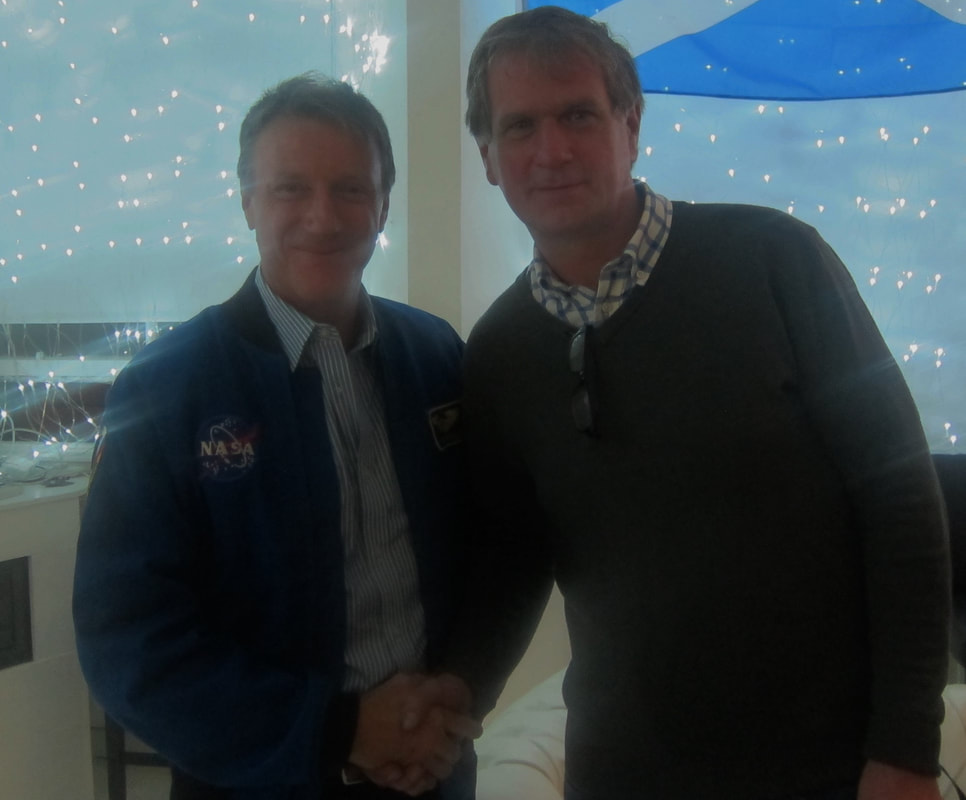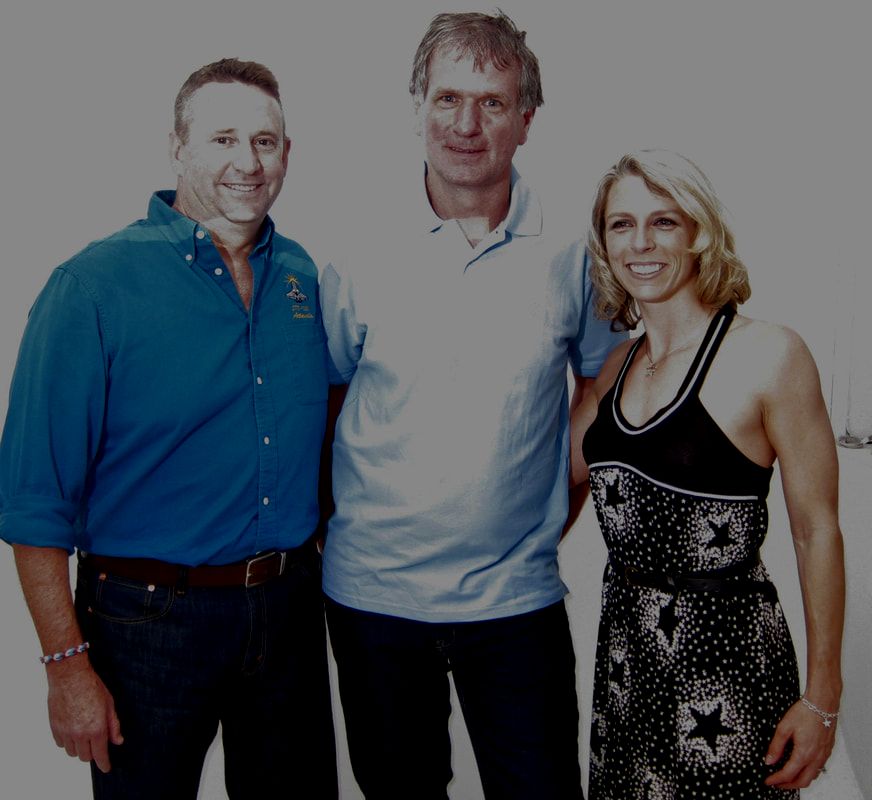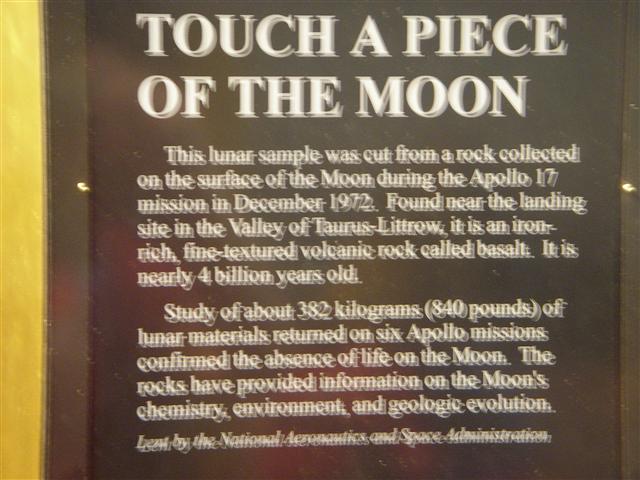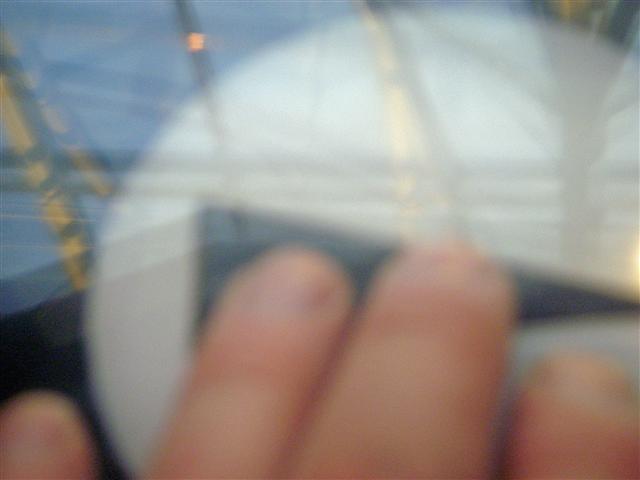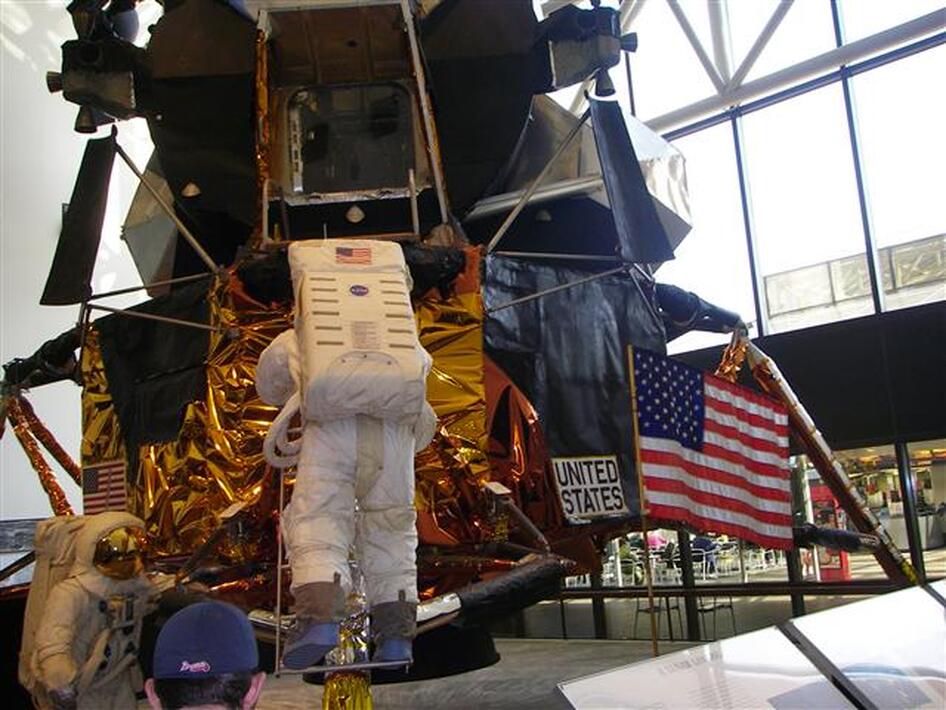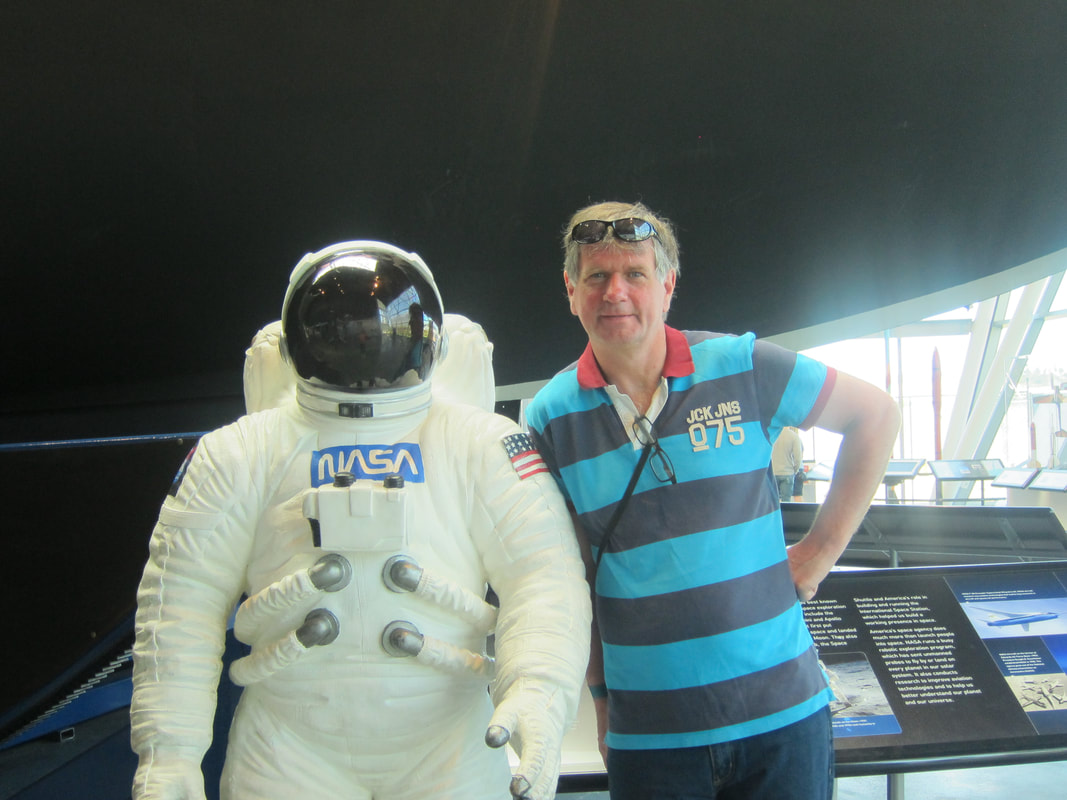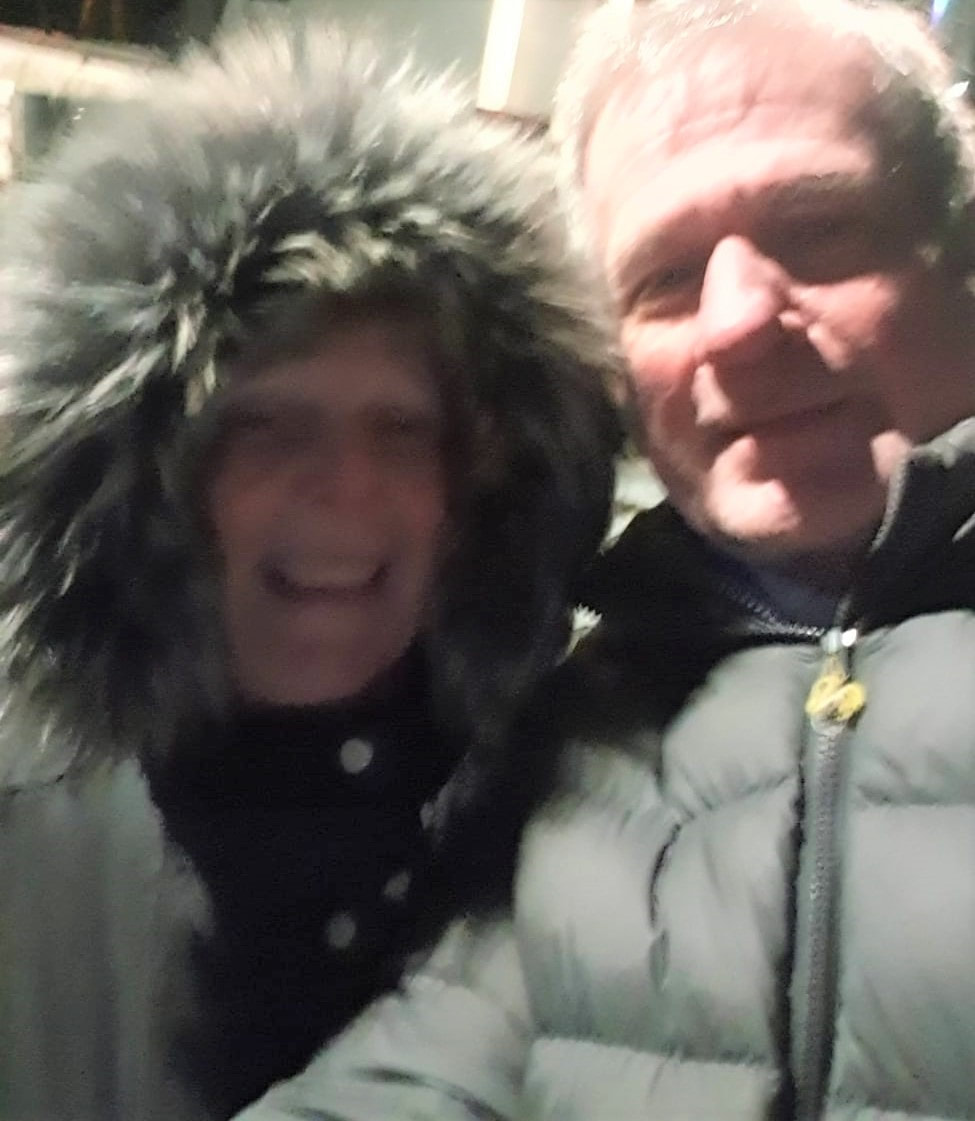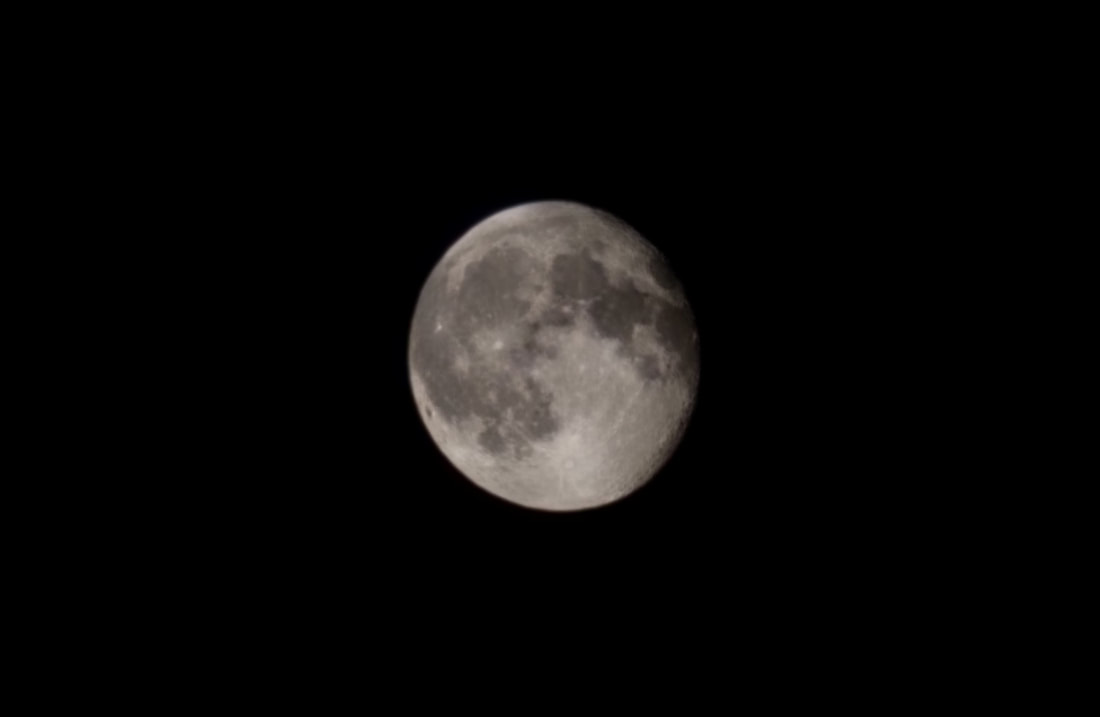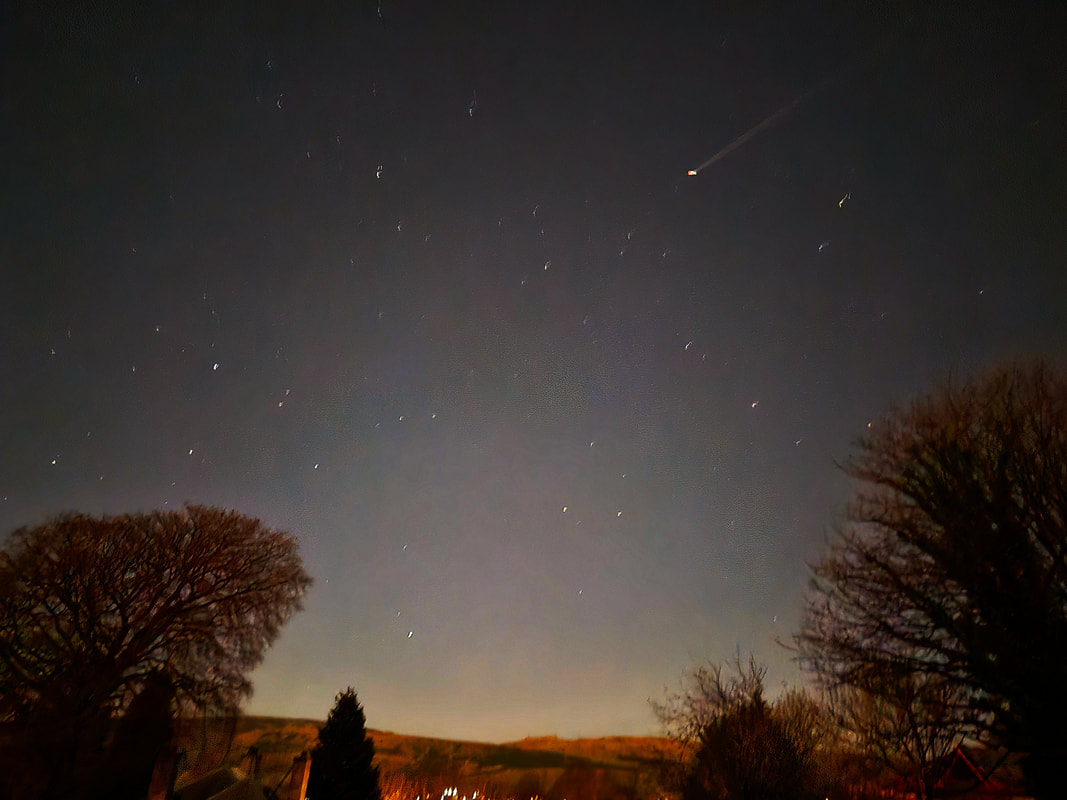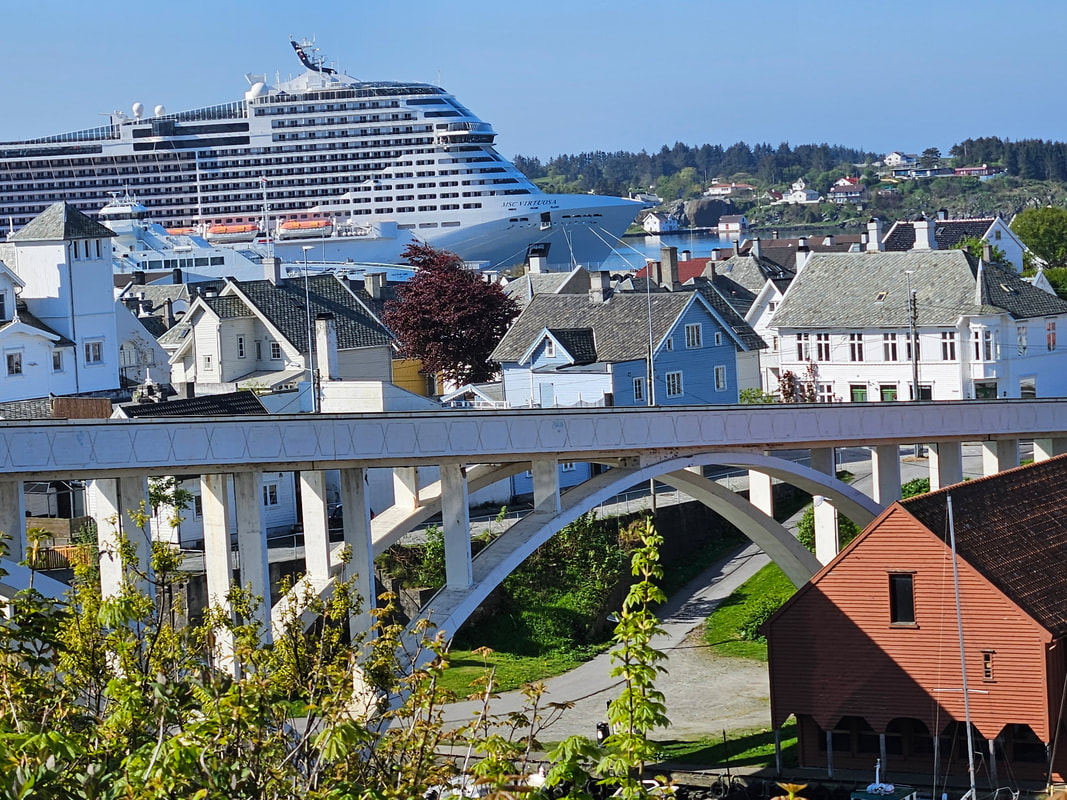Space
To go where no travel blogger has ever been. Space-- the final frontier.My knowledge of space is nothing great but I still get excited seeing special events in the Sky or hearing about space.
To go where no travel blogger has ever been. Space-- the final frontier.My knowledge of space is nothing great but I still get excited seeing special events in the Sky or hearing about space.
Camping in Glencoe Scotland introduced me to the Galaxy.During the night I woke up and had a look outside.It was dark without a cloud in the sky.I sat down and stared up at the night sky.It was a sight I have never forgot.Millions and millions of stars.Dots of lights as far as you can see.I have seen this again around the world but this is a night I will never forget as long as I live..
December 2019 We had the pleasure of going to Tromso in Norway to search for the Northern lights. We actually had to go across the border to Finland. The night started with an amazing visit to the local Sky park.It was around one we finally got to see aurora borealis. It was worth the wait.
1983 --I visited the Space centre to watch a launch but sadly it was cancelled. Lucky we seen its take off from Universal studios.
May 27 2020:
The first time for a while everyone got excited about a launch.
Sad thing was it was cancelled. SpaceX's Crew Dragon spacecraft was scheduled to take its first crewed test flight to the International Space Station with NASA astronauts Doug Hurley and Bob Behnken on board. It lifted off on 30th May on a Falcon 9 rocket from NASA's Kennedy Space Center in Florida.
1983 --I visited the Space centre to watch a launch but sadly it was cancelled. Lucky we seen its take off from Universal studios.
The first time for a while everyone got excited about a launch.
Sad thing was it was cancelled. SpaceX's Crew Dragon spacecraft was scheduled to take its first crewed test flight to the International Space Station with NASA astronauts Doug Hurley and Bob Behnken on board. It lifted off on 30th May on a Falcon 9 rocket from NASA's Kennedy Space Center in Florida.
1983 --I visited the Space centre to watch a launch but sadly it was cancelled. Lucky we seen its take off from Universal studios.
Wonderful memories of Space nights at 29 studios.I had the chance to meet actual astronauts and hear about their time in Space.
Michael Foale was born in the UK. He is an astronaut who has been involved in six Nasa space missions.
He took spacewalks,was involved in fixing the Hubble Space Telescope back to life,He became a Commander of the International Space Station. I had the pleasure of meeting Michael at 29 studios Space night.
He took spacewalks,was involved in fixing the Hubble Space Telescope back to life,He became a Commander of the International Space Station. I had the pleasure of meeting Michael at 29 studios Space night.
Kenneth Ham told us all about his time onthe ISS. He was part of the Space Station team on both Atlantis and Discovery shuttles.
For almost 20 years Michelle Ham has taught astronauts for the International Space Station.
Images above are from my visit to Washington`s Smithsonian National Air and Space Museum.I got the chance to touch a piece of the moon.This lunar sample was cut from a rock collected on the surface of the Moon during the Apollo 17 mission in December 1972.
3rd Jan 2021
Tonight-It was minus 10-slippy under foot but what a clear night.
We went in search of the Quadrantids #meteorshower .We walked for about ten minutes from our home.Trying not to fall on our backsides we found a really dark spot away from the streetlights and we started to look up at the night sky.Your eyes need time to adjust to the darkness in order to appreciate the stars.
Any meteor shower is visible to the naked eye so no special equipment is necessary.
We waited about 15 mins.The longer we wait the more stars appear.
The Plough [Ursa Major] sticks out like a sore thumb.
Seven bright stars make this up constellation.Shaped like a wheel barrow.
The Moon was rugby ball shaped.It was a bit of a pain as it was too bright. Making meteor-spotting tricky.
After about 20 mins our eyes start playing tricks.We keep thinking we are seeing lines in the Sky.Then from the deep dark sky we see our first meteor of the night.It`s a white line that disappears quickly into the dark sky. We see a few more.There not huge fireballs as you see in the space movies.More like white lights that zips the skies open.
After a while we head home.
Was it worth putting on all our winter prediction at stupid o clock.
Yes -It was fun and got to see the night sky at it best.Oh seen a few meteors too.
I have no great knowledge of astronomy .Just enjoy the fun of seeing our universe.
Tonight-It was minus 10-slippy under foot but what a clear night.
We went in search of the Quadrantids #meteorshower .We walked for about ten minutes from our home.Trying not to fall on our backsides we found a really dark spot away from the streetlights and we started to look up at the night sky.Your eyes need time to adjust to the darkness in order to appreciate the stars.
Any meteor shower is visible to the naked eye so no special equipment is necessary.
We waited about 15 mins.The longer we wait the more stars appear.
The Plough [Ursa Major] sticks out like a sore thumb.
Seven bright stars make this up constellation.Shaped like a wheel barrow.
The Moon was rugby ball shaped.It was a bit of a pain as it was too bright. Making meteor-spotting tricky.
After about 20 mins our eyes start playing tricks.We keep thinking we are seeing lines in the Sky.Then from the deep dark sky we see our first meteor of the night.It`s a white line that disappears quickly into the dark sky. We see a few more.There not huge fireballs as you see in the space movies.More like white lights that zips the skies open.
After a while we head home.
Was it worth putting on all our winter prediction at stupid o clock.
Yes -It was fun and got to see the night sky at it best.Oh seen a few meteors too.
I have no great knowledge of astronomy .Just enjoy the fun of seeing our universe.
Jupiter has protected earth for billions of years. The gravity of Jupiter keeps most asteroids and space rocks away from Earth. Without it earth would most likely be uninhabitable for humans. Mad respect for Jupiter.
Below
Film is from the Planet alinement Feb 2025.Sadley we only got three.
Mars,Jupiter and Venus.
Mars,Jupiter and Venus.
1.3 million earths fit into the Sun. Just goes to show how tiny we are!


